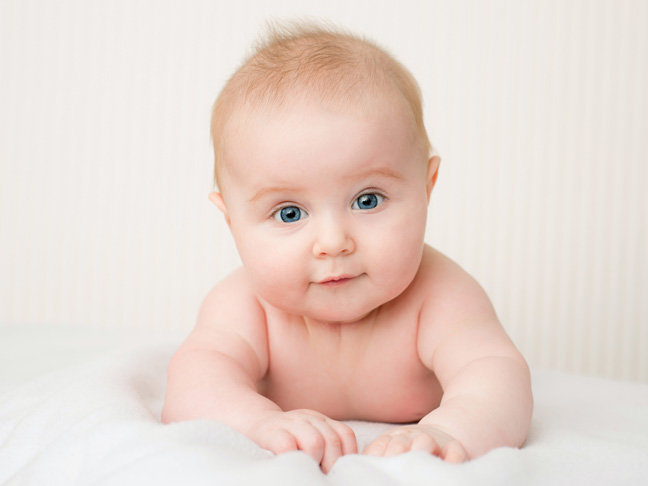Many experts believe this trend is a reflection of the poor economy, reports CBS News. As economic conditions begin to improve — signs of a recovery started to show in 2014 — birth rates should make a comeback, bearing in mind that there may be another year of lag time before they return to normal.
The post-recession economy is affecting family planning for many, indicated by the average age of first-time mothers which continued to increase, rising to age 26 in 2013. Just a year earlier, that average age was 25.8. People fresh out of college found it more difficult to get a first job in poor economic conditions, so many chose to delay starting their families.
Over 3.9 million births occurred in 2013 — down just 1 percent from the prior year, and the fertility rate was down as well, reaching another record low at 62.5 births per 1,000 women in the 15 to 44 age range. The birth rate for women in their twenties declined, but did rise for those in their thirties and late forties.
Teenage birth rates also hit a historic low in 2013 for teens in all ethnic groups, with an overall 10 percent decline from 2012. This lower teen birth rate may have been partially impacted by a slower economy, but more likely is reflective of an aggressive campaign on television through public service announcements, and because programs and policies have been put in place to educate this group on the downside of being a young mother, and targeted specifically toward reducing the number of teenage pregnancies.
Photo: Getty








